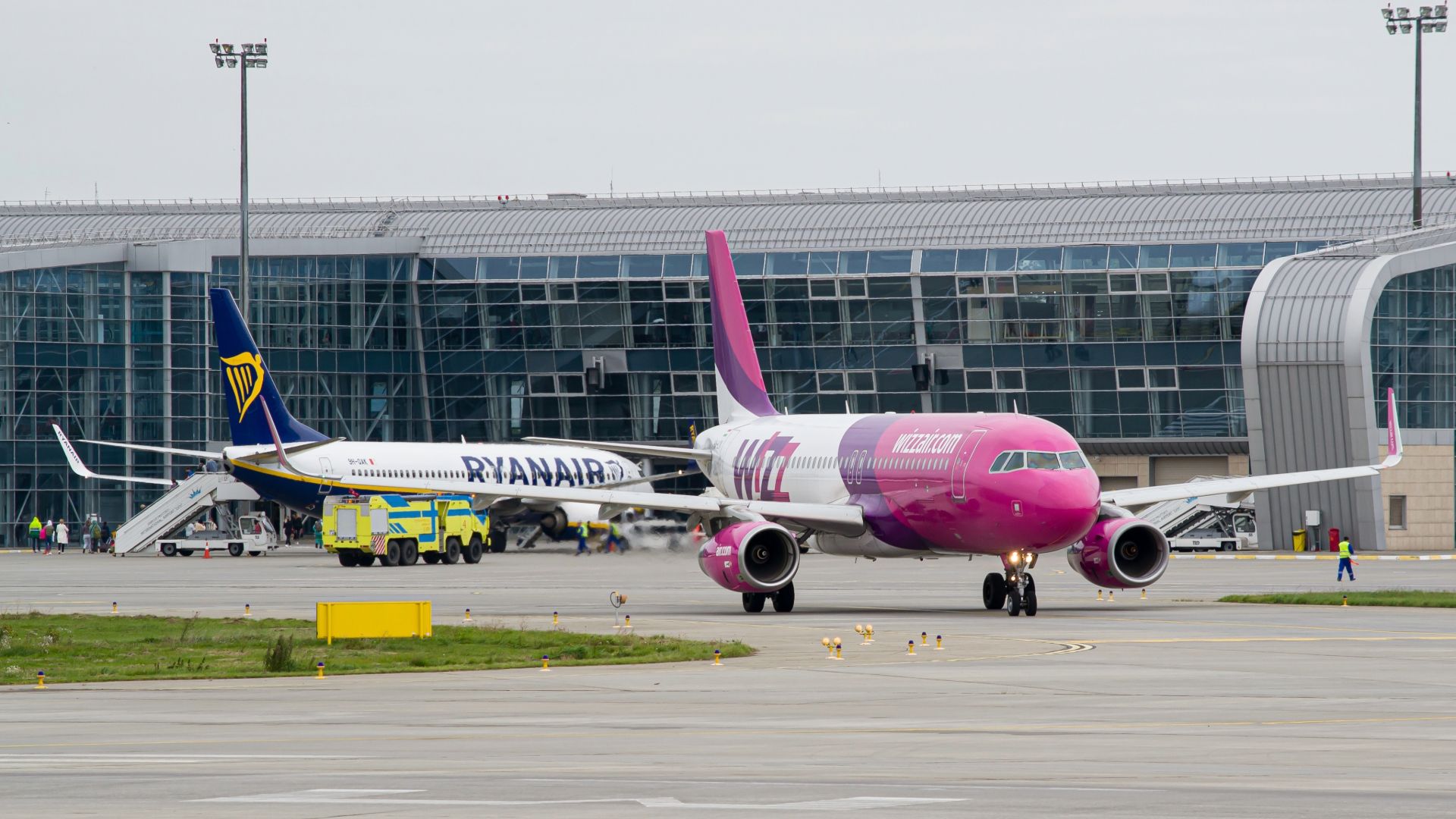UPDATE: Major UK low-cost carriers Ryanair and Wizz Air have issued stark warnings about the future of air travel in the UK, citing imminent operational cutbacks due to rising air travel taxes. This urgent announcement follows the recent budget declaration by Chancellor Rachel Reeves, which revealed that the Air Passenger Duty (APD) will increase from April 2026, forcing passengers to pay an additional $2.63 (£2) for the cheapest seats.
The aviation industry is on high alert as both airlines emphasize that further hikes in taxes and airport charges could lead them to reduce their presence in the UK market. Both Ryanair and Wizz Air are contemplating relocating aircraft to more economically favorable markets, which poses a significant threat to UK air travel growth and job stability.
Last year’s Autumn Budget 2024 saw the introduction of higher APD, which is already among the highest globally. The tax is levied on every departing passenger from UK airports and varies based on flight distance and class of travel. Economy passengers currently face rates of $9.21 (£7) for domestic flights and up to $126 (£94) for long-haul journeys. The new rates expected in April 2026 could further exacerbate the situation, with economy passengers paying around $10.52 (£8) on domestic routes.
Both airlines stressed that these increased costs threaten not only their profitability but also the broader UK economy. Ryanair’s Chief Executive Michael O’Leary stated, “If [the UK] raises APD again on domestic flights, then there will be a cut in capacity, no question.” This sentiment was echoed by Wizz Air’s Chief Operations Officer Michael Delehant, who warned that the UK market could become “very growth stunted.”
“When you’re at the price-sensitive part of the chain, you have to, and you can’t just accept [higher prices].” – Wizz Air COO Michael Delehant
Regional airports and domestic routes are predicted to suffer the most from these tax increases, with potential job losses looming. Ryanair has already made adjustments to its flight schedules across Europe, cutting over 800,000 seats in Germany and canceling 24 routes due to what it describes as “excessive access costs.” Similarly, Wizz Air has withdrawn from Vienna, relocating aircraft to Slovakia where operational costs are lower.
The implications of these tax hikes reach beyond airlines. London Gatwick Airport has raised alarms regarding rising business rates, which could jeopardize future expansion projects, including a second runway. According to AirportsUK, each aircraft based in the UK supports about 400 jobs and contributes roughly $35 million (£27 million) to the economy each year. Higher charges could significantly impact these economic benefits.
As discussions continue, both airlines are closely monitoring the government’s actions regarding APD. Ryanair has already indicated that it may divert future aircraft orders to countries with lower taxes, hinting at a strategic shift in focus from the UK. With around 300 aircraft on order, the potential for growth in the UK is in jeopardy if taxes continue to rise.
Air travel stakeholders are urged to stay alert as the situation develops. The rising cost of air travel in the UK could soon lead to fewer flights and higher fares, with significant implications for both the tourism sector and consumers alike. Watch for updates as both airlines assess their options in light of these escalating costs.







